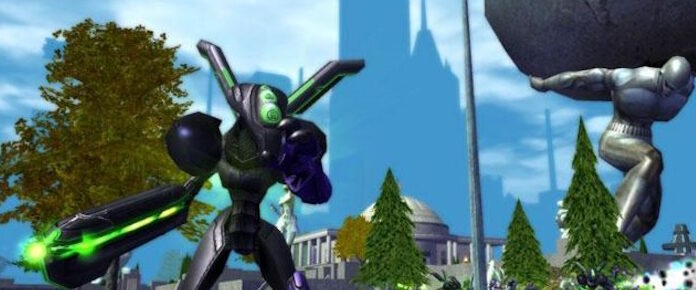
Clockwork Labs has been teasing… something for BitCraft over the course of September, noting just a week or two ago that it’s been a whole two years since the studio first revealed the sandbox MMORPG. “Now the world begins to awaken,” the devs wrote.
We don’t know what that means, but surely you’re awake enough to read the game’s latest dev blog, which just so happens to be about what the San Francisco studio is calling “core-skills.” “Core-skills are the skills in BitCraft which tie into the interconnected progression of all players and ultimately civilization,” the team writes. They’re essentially life skills or crafting professions, but they’re central to the BitCraft sandbox rather than some sort of side-show minigame; the huge list includes forestry, foraging, mining, fishing, hunting, carpentry, masonry, smithing, tailoring, leatherworking, cooking, farming, and “at least” one unannounced skill.
“We use many of the game design principles which are typically used to successfully design combat classes in MMOs when thinking about our core-skills. This includes making sure each core-skill has a unique thematic fantasy that players can attach themselves to. It also means that each core-skill should have a valuable place in the player-driven economy of the game. It’s very important that we don’t end up with some core-skills being optional and others being required for groups of players to progress, or this will create a world where some players are not as valued based on their chosen skill. This applies not just to each core-skill but also to players of varying levels in each skill. We want to make sure there is room in the world and economy for players of lower levels in their chosen core-skill to be valued and not just the highest leveled players on the leaderboards.”
In other words, the core-skills are being designed with interdependence in mind, with a lot of the load intentionally distributed to younger characters. “While this might be annoying content design in a single player or co-op game, we’ve seen strong indications that in a large scale multiplayer game like BitCraft, this can create a symbiotic relationship for higher level players to recruit and uplift lower level players to work together in a way that benefits everyone, as opposed to experience and items being funneled to only the highest level players of each skill in a group,” Clockwork argues.















